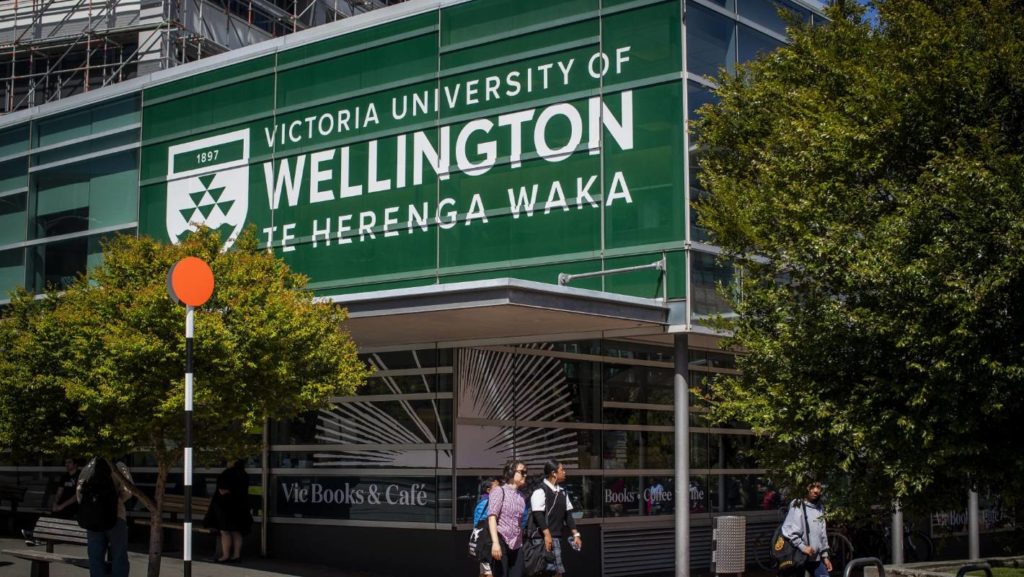Victoria University students were right to feel anger. On the Friday evening before the ANZAC long weekend, they received an email informing them that they would now have to resume paying hall fees of $150 a week through Level 3 lockdown for rooms they were not occupying and would not be able to access. This was despite previously being told they would not be charged for any time they would not be staying in their halls. In some cases, students would be paying for a room now occupied by somebody else.
Victoria’s approach to students in the halls during the beginning of the Covid-19 situation was haphazard at best, with scant and often conflicting communication. Students were being told by staff up to the lockdown announcement that the halls would remain open no matter what. Once the lockdown was announced, the message changed: the majority of halls would close and students had 48 hours to find their way home with their belongings, with those students who needed to stay consolidated into five halls that remained open.
Soon after the email, students started organising via Facebook and advocating for a rent strike and a removal of the $150 fee during Level 3,with numbers building rapidly. With the story starting to grow in the media and with support from the local (VUSWA) and national (NZUSA) student unions, many people started to take note. Students gained support from local and central politicians, the Tertiary Education Union and many other groups, organisations and people who were shocked at this unfair charge on one of the most severely impacted and least supported groups during the Covid-19 crisis.
Trying to justify the charge, the Vice-Chancellor Professor Grant Guildford responded with the classic ruling class tactic of divide and rule. An email was sent trying to play student against student: “Without the hall fees being paid we are having to cross-subsidise the halls from the tuition revenue – disadvantaging the quality of the education of all students”, and student against staff: “Or we cut the costs of the halls which would mean a lot of staff (including RA’s) losing their jobs which is the last thing we want to see happen”. The students and staff were having none of it, still refusing to pay and continuing to organise. To rub salt in the wound, it was found out that some of the halls not directly run by the university were receiving the Government wage subsidy.
With bad press and the public backlash mounting, the next Friday the university announced that all fees would be waived until 11 May, when the Government will announce whether to extend Alert Level 3 or move to Level 2. The university will then decide, based on that announcement, if fees will begin to be charged again or not.
This is a huge win for the students organising collectively, standing up to the institution and not backing down. The win by students at Victoria has shown a path forward for students at some of the other universities in New Zealand, who are also getting charged for rooms they cannot access, with similar Facebook groups organising towards the same end goal.









